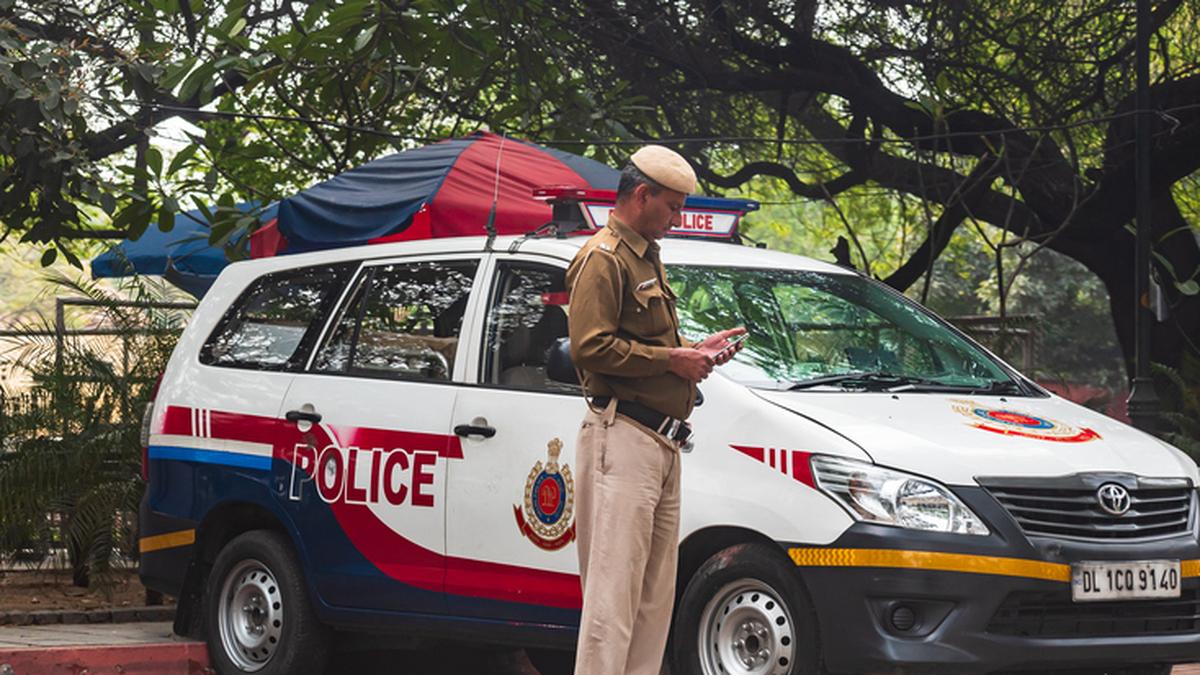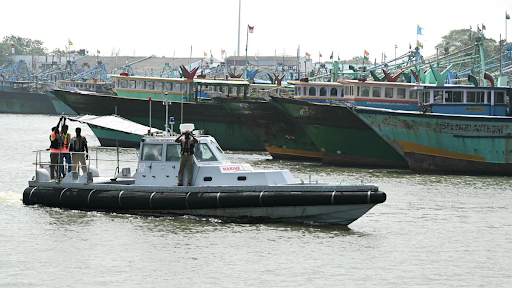




Source: LIVEMINT
Disclaimer: Copyright infringement not intended.
The test is being interpreted in the context of rising regional tensions and Pakistan’s continued focus on tactical nuclear weapons.
According to the Global Firepower ranking, India is fourth, while Pakistan is ranked 12th among 145 countries considered for the annual review.
According to Military Watch Magazine, India falls among Tier 2 military powers, while Pakistan falls among Tier 3 military powers.
India's military expenditure in 2024 was nearly nine times higher than Pakistan's, according to a report by the Stockholm International Peace Research Institute.
The report highlighted that India, the world’s fifth-largest military spender, increased its defence budget by 1.6%, reaching $86.1 billion, while Pakistan's military spending stood at $10.2 billion for the same period.
|
Feature |
Details |
|
Developer |
SUPARCO (Space and Upper Atmosphere Research Commission), Pakistan |
|
Type |
Short-range Ballistic Missile (SRBM) |
|
Fuel Type |
Solid-propellant |
|
Launch Platform |
Road-mobile Transporter-Erector-Launcher (TEL) |
|
Operational Since |
2005 (with Pakistan Army’s Strategic Forces Command) |
|
Range (Latest Test) |
Up to 450 km (previously 180–200 km) |
|
Warhead Types |
Conventional, Nuclear, Submunitions, High Explosives |
|
Payload Capacity |
250–500 kg |
|
Accuracy (CEP) |
100–150 meters (via advanced inertial navigation system) |
|
Primary Role |
Tactical battlefield use (Quick reaction and precision targeting) |
Solid-Fuel Propulsion enables rapid launch readiness and long-term storage without degradation.
Advanced Inertial Navigation increases strike accuracy, making it suitable for counterforce and countervalue targeting.
TEL-Based Mobility enhances survivability and allows quick repositioning and surprise launches.
For South Asia
The enhanced range of 450 km brings major Indian cities and military assets within range.
Demonstrates Pakistan’s focus on tactical nuclear weapons as part of its Full Spectrum Deterrence doctrine.
For India
India must evaluate the evolving nature of Pakistan’s battlefield nuclear posture.
The development may impact India’s nuclear command and control structures especially under its No First Use doctrine.
For Global Security
Adds to global concerns about nuclear escalation in a region marked by cross-border tensions.
Raises proliferation risks and challenges to non-proliferation treaties though neither India nor Pakistan is a signatory to the NPT.
Sources:
|
PRACTICE QUESTION Q. Discuss the implications of tactical nuclear weapons like Pakistan's Abdali missile on regional strategic stability in South Asia. 250 Words |






© 2026 iasgyan. All right reserved